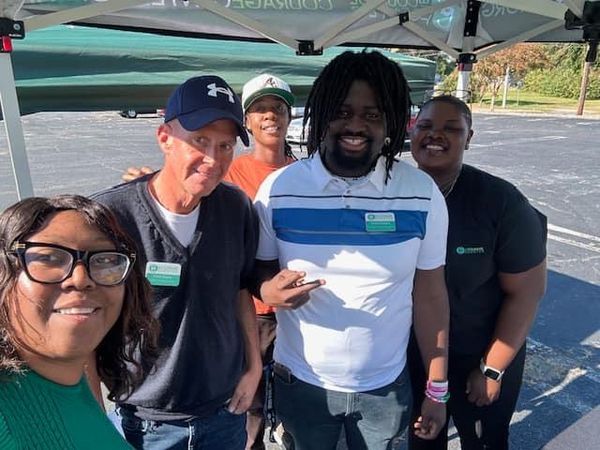How Language Shapes Self-Perception in Recovery
The words we use do not just impact how others see addiction—they shape how people in recovery see themselves. Negative self-talk can be one of the most significant barriers to long-term recovery.
Instead of saying “I’ll never change” or “I’m always going to struggle,” people who adopt a growth mindset—saying “I am capable of recovery”—are more likely to succeed.
Studies on self-affirmation and behavioral psychology have found that replacing negative, shame-based thoughts with positive self-talk helps individuals stay motivated in recovery. A supportive environment where family, friends, and professionals use positive, non-judgmental language can significantly affect a person’s recovery success.
The Impact of Absolutist Language
Certain words create
unnecessary limitations in how we think about recovery.
❌
Harmful Absolutist Language:
- “I’ll always be this way.”
- “I’ll never get better.”
- “It’s impossible for me to recover.”
✅
More Supportive Alternatives:
- “I am working toward recovery.”
- “I have the ability to change.”
- “Recovery is a process, and I am making progress.”
Changing our language doesn’t just change how we think—it changes how we act toward those who need help.
Practical Steps to Change Language & Reduce Stigma
Changing the way we talk about addiction takes intention and practice. Here’s how we can start:
1 Self-Monitoring:
- Pay attention to the words you use when discussing addiction.
- Challenge stigmatizing phrases and replace them with compassionate alternatives.
2. Practice Replacing Labels with Person-First Language:
- If you hear someone say
“addict”, gently suggest “person with a substance use disorder” instead.
3. Ask Open-Ended Questions:
- If you’re unsure how someone identifies their recovery journey, ask with respect and curiosity.
- Example: Instead of
“Are you clean now?”, ask “How has your recovery journey been?”
Building Supportive Environments for Recovery
Creating a stigma-free community requires active participation from families, friends, workplaces, and treatment providers.
✔
In Therapy: Encourage therapists and group leaders to use positive, empowering language in discussions.
✔
In Families: Have open discussions about how language impacts self-worth and recovery.
✔
In Public Spaces: Host community workshops to educate people about person-first language and stigma reduction.
Support networks play a huge role in reinforcing positive language and recovery-focused conversations.
Take the Next Step
Language is a powerful tool in addiction and recovery. The words we choose can reinforce stigma or create an environment where healing is possible.
By making simple but intentional shifts in the way we talk about addiction, we can:
- Support individuals in recovery without judgment
- Change public perception of addiction
- Encourage more people to seek help without fear
About The Courage Center
The Courage Center (TCC) is a recovery community organization in Columbia, SC, dedicated to breaking the stigma of addiction and supporting individuals and families on their recovery journey. Through peer support, education, and advocacy, TCC provides a safe, judgment-free space for those affected by substance use disorder. Learn more at www.couragecentersc.org.


